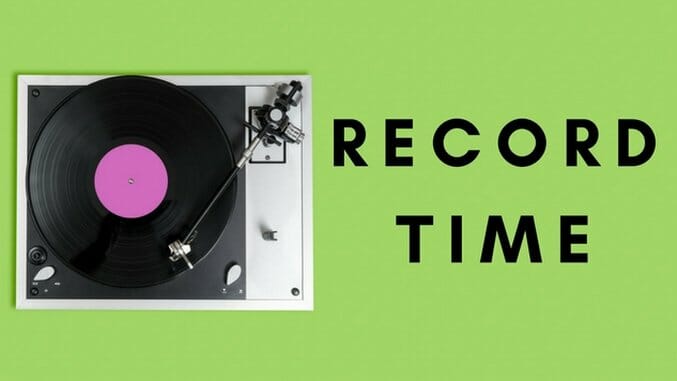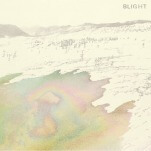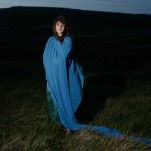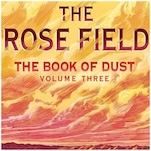Record Time: New & Notable Vinyl Releases (February 2018)
A new set of The Velvet Underground's classic recordings, a collection of poetry from Allen Ginsberg and a rare R&B classic from the Stax archives.
Photo: Getty Images
Record Time is Paste’s monthly column that takes a glimpse into the wide array of new vinyl releases that are currently flooding record stores around the world. Rather than run down every fresh bit of wax in the marketplace, we’ll home in on special editions, reissues and unusual titles that come across our desk with an interest in discussing both the music and how it is pressed and presented. This month that includes a boxed set of The Velvet Underground’s classic recordings, a collection of poetry from Beat legend Allen Ginsberg and a rare R&B classic from the Stax archives.

The Velvet Underground: The Velvet Underground (Polydor/Republic/Universal)
Chances are if you fancy yourself a Velvet Underground fan, you already have vinyl versions of all the albums in this set—the four official LPs by the band, Nico’s 1967 solo debut Chelsea Girl, and 1969, a two-disc compilation of tracks scrapped by the band for a potential third record—sitting in your record library. The appeal of this limited edition collection is for new fans, completists and any curiosity seekers who’ve always thought about picking up VU’s work but have yet to pull the trigger. For the folks in the last group, this set is worth every penny. In one fell swoop, you get a perfect overview of what Lou Reed and Co. did in their relatively short time together. There’s a reason these albums remain so influential; the building blocks of modern psychedelia, noise rock, alt-country and garage pop are all here, pressed onto nice 180-gram vinyl. Mostly nice. Your mileage may vary but the copy of the group’s 1969 self-titled album that I received for review was partially pressed off center, with the oblong grooves having a more marked effect as it turned the last tracks on side A into warbly messes. That is the exception, however, as the rest of the LPs in the set sound varying shades of good to great. The best, though, is the 1969 set that blends together original versions of the material with new mixes with no drop in sound quality or dynamics from one to the next.
Wild Child: Expectations (Dualtone)
How does an artist turn a simple album release into something more collectible and fun? For the Austin-based indie pop group Wild Child, it’s by releasing the vinyl edition of your latest LP in four different color variants, each one only available at select record shops in four different Texas cities. San Antonio fans get translucent purple, folks in Houston get coke bottle clear, Dallas gets translucent green and Austin gets butter-cream-colored records. Savvy completists with lots of gas money and time to burn can pick up all four, if they so desire. The record is certainly worth that kind of effort. The fourth album by this octet is a lived-in, enjoyable ride that holds together impressively well for a collection of tunes recorded in fits and starts all over the world and with various producers (Chris Walla, Dr. Dog’s Scott McMicken and Max Frost, among them). All that comes down to the pitch-perfect songwriting of co-leaders Kelsey Wilson and Alexander Beggins, who capture the thrills and agonies of modern romance and modern living with warm clarity.

Veruca Salt: Eight Arms to Hold You (Geffen/Universal)
After scoring an unlikely crossover hit in 1994 with bubblegum grunge classic “Seether,” Veruca Salt gratefully refused to follow up their debut album American Thighs with a dozen rewrites of that still-righteous tune. Instead, they knocked out a loud EP recorded with Steve Albini, and Eight Arms to Hold You, a glammy sophomore effort produced by Metallica’s best buddy, Bob Rock. The sweetness of guitarist/vocalists Louise Post and Nina Gordon’s voices remained but, musically, they grew a new set of fangs and were out for blood. The latter recording is getting a fresh vinyl release this month, years after the original edition went quickly out of print. And even on colored wax (a limited edition version pressed in orange), it sounds ideal for the format. Somehow they managed to squeeze eight songs on one side and seven on the other—including b-side “Good Disaster”—with only a slight drop in bass response and overall volume. The band should be thankful for that, too, as these are songs that deserve to be heard with as much heat and force behind them as possible.
-

-

-

-

-

-

-

-

-

-

-

-

-

-

-

-

-

-

-

-

-

-

-

-

-

-

-

-

-

-

-

-

-

-

-

-

-

-

-

-














































